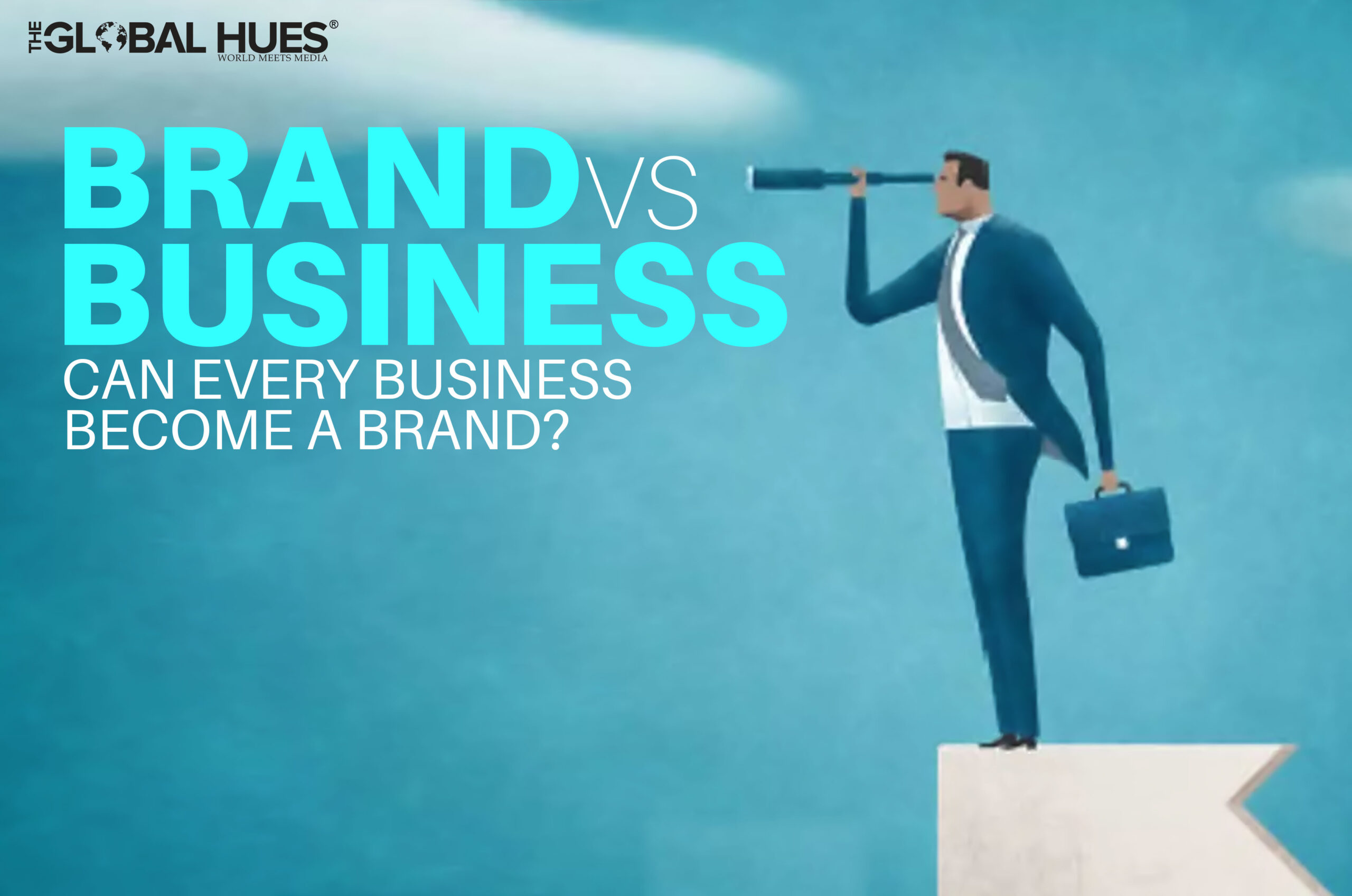While most people think that every business is a brand and there is no difference between the two, the difference between your “brand” and your “business” is the latter – the company – is the organization that produces your products or offers your services. Your “brand” is the image or identity that your business projects—the way that consumers perceive your business. Most people use both these terms interchangeably, however, it takes time and effort to build your business into a successful brand. An instance of brands and business is Coca-Cola which is such an immensely popular beverage that its very name has become synonymous with the term “soft drink.” It’s delicious, refreshing, and uncovers a feeling of nostalgia since people drink Coke because they grew up drinking Coke. The Coca-Cola Company is a multinational beverage corporation that manufactures and markets hundreds of similar and related brands, including Minute Maid Lemonade, Hi-C fruit juice, and Dasani bottled water and Coca-Cola is both a successful brand and a successful business, as are Apple, McDonald’s, and Nike.
WHAT IS A BRAND? STEPS NEEDED TO BUILD A SUCCESSFUL BRAND
You might be thinking about what exactly you need to do before you legitimately say, “We are not just a business anymore, we are a brand.” The idea of branding is muddled at best, when asking 10 different people what a brand is, you’ll get 10 different answers. For some brand managers, the definition of a brand is “whatever your prospect thinks of when he or she hears your brand name.” In other words, your brand is your reputation.
However, reputation, like differentiation and quality, are important foundations for building a brand, but they’re still just functional characteristics. So what takes for your company or business to be ‘A Brand’?
Building your business typically means widening your scope and offering additional goods or services to your customers. However, building your brand typically means keeping your scope focused on a single idea that will come to embody your business. The two aren’t quite mutually exclusive; it is possible to have a profitable business with a strong, readily identifiable brand, but this doesn’t just happen overnight. It takes a concerted and consistent effort to build your brand alongside your business, and you need to be willing to make sacrifices and compensate when necessary to balance the two out.
Lego, which has built its reputation on “childhood imagination and creativity,” has transformed its original category — vividly engineered building blocks for kids — to become one of the most iconic and well-known brands in the world today, with line extensions everywhere you look, from shoes, video games, robotics, amusement parks to their own feature-length film.
A brand creates a feeling and it has a backstory that makes people connect with it and get involved with it. A Business might be just interested in buying and selling and typically earning more profits, however, a brand builds something bigger, something that you have a ‘vision’ for and it can create a revolution if people love it.
BUILDING A BRAND
Building a successful brand involves a lot of struggle and patience before you can see that ‘success’ coming through, the following steps will help you start with your own brand:
- Define your brand’s focus and personality.
- Figure out your position in the market.
- If talking about your brand, notice which words or qualities you would associate with your brand.
- Define the whole concept behind your brand.
- Your brand name and visuals should be based not only on the purpose it serves but it should also be about you where your own personality is being reflected.
- Apply, extend and evolve your brand as you grow!
FOCUSING ON THE LONG TERM IMPACT
The reality is that everybody is looking for quick ways to build their businesses by expanding into other categories, however, their real strategies should be to build their brands by dominating their categories. And often the best way to do that is by contracting their brands so they stand for something. Building your business will yield immediate results, but your success would be fleeting if you do not have a brand to hang it on. Building your brand may earn you the loyalty and appreciation of your customers, but they’re going to be few and far between if you let your business suffer.
So the key is to build your business in the short term with an eye for your brand identity in the long term. It might be easier said than done, but it’s not impossible, one can take inspiration from Apple, Samsung, Google, Microsoft, Walmart, IBM, General Electric, and Amazon.com, all of these started from a small scale company to building it’s way up.
In conclusion, while a ‘business’ will be able to generate all the profit and revenue you want if you work for it, but a brand will forever occupy a strong position in your clients’ hearts. A brand is a business with a purpose, vision, and mission. It is crucial to start building your business into a brand from an early period so that you can create something that will create a long-term impact.




